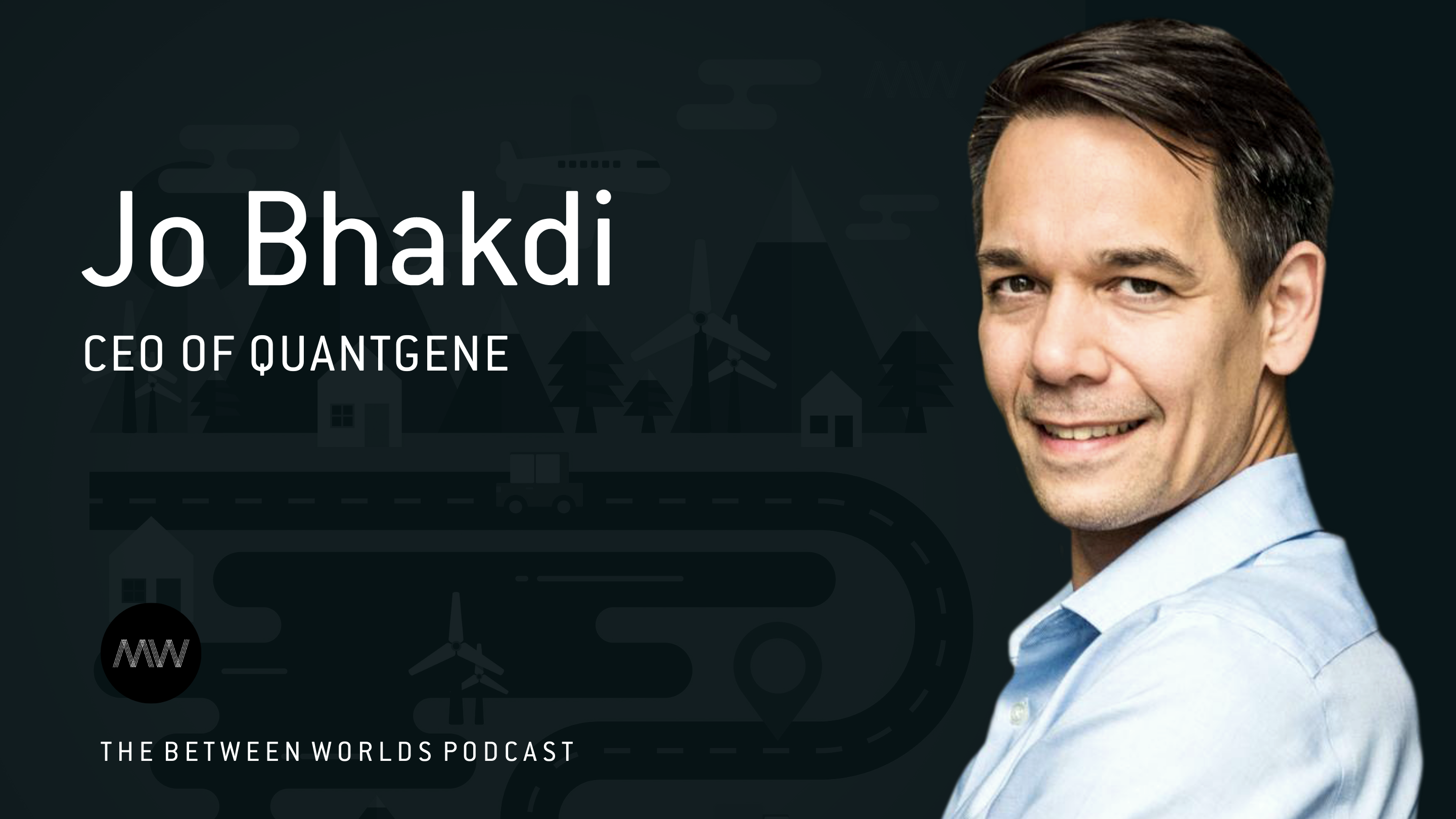
What if within the span of the next decade, we could live for an additional ten years or more? A hundred years ago, advances in infection control and public health led to a near doubling of the human life span. For us to achieve a similar feat today, we will need more than just scientific breakthroughs. Despite the rise of AI, powerful computation platforms and new discoveries in genomics, there is still a gap between everyday medical practice and technological innovation.
Jo Bhakdi is the founder and CEO of Quantgene, a biotechnology and data company. In his view, when it comes to medical diagnoses, we are largely reliant on snapshot testing, quick discussions regarding patient symptoms, and the brain power of the practicing physicians.
AI-powered genomics, by contrast, allows us to now turn biology into a data problem, moving at the speed of statistical model development and falling computation costs. Genetic testing has the potential to uncover the root cause of disease and reveal its progression in the body - thus redefining the healthcare paradigm.
One area where this technology has the potential to impact our life expectancy is early stage cancer detection. Many cancers are treatable if caught early enough. While traditional medicine tends to intervene only when a tumor is advanced enough to warrant investigation, Quantgene has developed he capability to detect multiple types of cancer from a simple blood test. By identifying cellular mutations using artificial intelligence analytics and big data, they can unlock where a cancer is encoding itself into the human genome.
In this episode you will learn:
01:28 The unexpected implications of extreme longevity
04:31 Jo's origin story
06:19 Reimagining cancer detection
15:38 Healthcare is a system of broken incentives
30:20 Digital transformation & Big Pharma
35:29 Delivering innovation at scale
43:35 Privacy, rights and personal data

